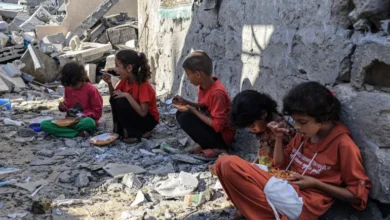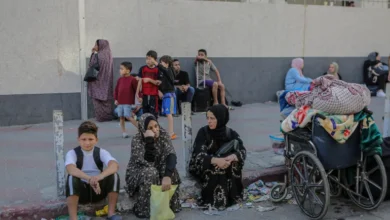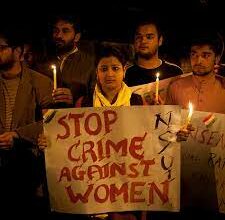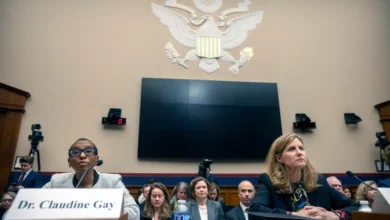Criminalisation of victims of male violence needs to end – everywhere
Julie Bindel
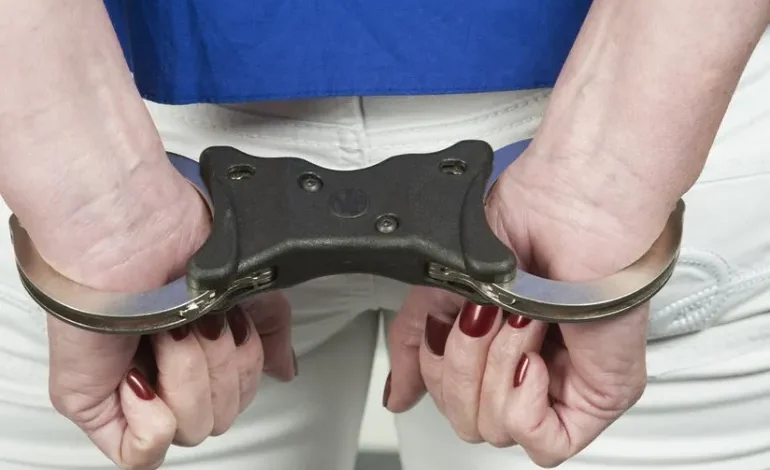
In the West, we are often told terrible stories about women in the Global South countries being subjected to male violence and then punished afresh by “community leaders” and the courts.
Most feminists in Europe and the US, for example, would know that premarital sex is criminalised in Saudi Arabia and that hospitals and health centres are compelled to report the pregnancies of single women to police – including those resulting from rape. They would also know about “honour killings” of women and girls in countries like Albania and Kurdistan for breaking patriarchal rules, such as having sexual relationships outside of marriage.
Some who decry such abuses and atrocities in the Global South, however, appear not to be aware that this type of sexist victim blaming is not confined to the Global South; it also happens in the Global North. So-called “honour killings” also happen in the UK, for example, within both conservative religious communities and secular ones.
I have long been working to raise awareness on this issue and prevent it happening to women in my home country, the United Kingdom. In 1990, I co-founded Justice for Women in response to the harsh treatment meted out to women who defended themselves against rape or sexual violence – by the criminal justice system, the media, and wider society. I had seen several cases of men killing their wives for spurious reasons, and walking free from court. Excuses such as “She nagged me”, or “I found her in bed with another man” were accepted by judges and jurors as reasonable grounds for men to “snap” and kill women. Meanwhile, women who were driven to kill or maim their male partners after years of violence, often in fear for their lives or those of their children, were treated as cold-blooded murderers and punished as such by British courts, targeted by the media, and shunned by society.
We have undoubtedly made some progress in shedding light on the issue in the past three decades, but the criminalisation of survivors of male violence in the UK, by the courts as well as society at large, is far from over.
Today, at least 57 percent of women in prison in the UK are survivors of domestic abuse, and for many of them, this abuse is directly linked to the reason for their incarceration (while, in most cases, their abusers remain free). The true number is likely significantly higher because many choose not to disclose their victim status, even when it could help explain the motivations behind the crimes they are accused of. Despite this, criminal justice agencies rarely acknowledge that a woman has been a victim of male violence, and treat this as a mitigating factor, when prosecuting her for a related offence (including defending herself against the perpetrator).
Examples of such re-victimisation and criminalisation of survivors of male violence by British courts are all around us.
A film by the UK-based Centre for Women’s Justice (CWJ), titled Stop Criminalising Survivors, launched earlier this month tells the stories of five such women, convicted of offences ranging from perverting the course of justice to murder, all as a result of the abuse they endured at the hands of a male partner. CWJ hopes the film will help educate criminal justice agencies and women’s support services on the reasons female victims of male violence end up in prison.
One of the women featured in the CWJ film is Farieissia Martin who, aged 22 and with two small children, killed her extremely violent partner, Kyle Farrell. Farrell had raped her repeatedly, and she had undergone several abortions as a result. Family and friends had regularly seen her face covered in bruises. The night she killed him, he had given her another beating, convincing Farieissia that if she didn’t do something, she was going to die at his hands. Having access to all this information, and knowing well that she acted in self-defence, the courts still convicted her of murder. Farieissia served seven years in prison before successfully appealing her conviction. The only reason she was able to overturn her conviction was that she was represented at appeal by feminist lawyers equipped with an in-depth understanding of the effects of domestic violence.
These days feminists are routinely blamed for exaggerating male violence, making women “scared of men”, and causing them to limit their lives by taking precautions. Meanwhile, women are blamed for being raped (“she was drinking/flirting/wearing revealing clothing”) or suffering domestic abuse (“she wound him up/enjoyed the drama”). Girls are blamed, and shamed, for being abused into prostitution. This victim blaming, still prevalent in most societies, reaches its ultimate form when women are punished and sent to prison for being victimised or defending themselves against their abusers.
When we are blamed for what men do to us, we get a double dose of punishment – while our male abusers are handed free rein. This happens routinely in the Global South, but it happens in the North too.
Lesbians in South Africa experience horrors like “punishment rape” for daring to reject men, but so do women in the UK. It is true that women are killed in Iran for supposed missteps like speaking to a man outside the family, but so do women in the UK – one woman is killed by a man known to her every three days in England and Wales.
Men’s violence towards women and girls is global, and wherever it occurs, the blame is often diverted onto the victims. It is crucial that we speak of the rapist more than we do of the raped, and of the batterer rather than the battered. Let’s place the blame firmly on the guilty, and ensure we never, ever, look to the actions of the victims in an attempt to justify such atrocities against women. Women should never be criminalised and punished, anywhere, for being subjected to male violence or defending themselves against it.

